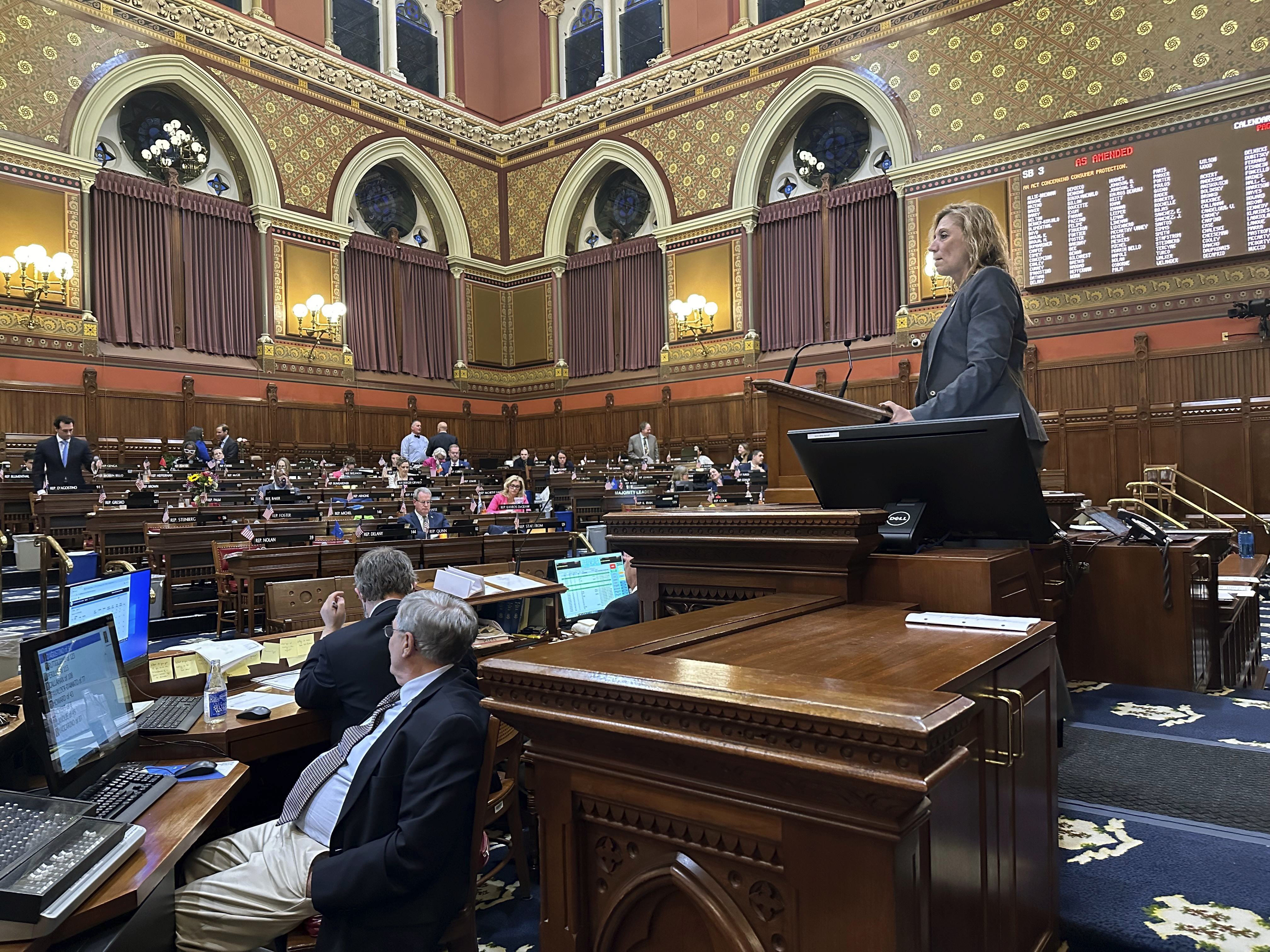The drug shortage crisis happening right now is putting patients across the country at risk. The Mashantucket Pequot Tribal Nation may be able to help, thanks to due federal grant funding to explore pharmaceutical manufacturing.
“Imagine an American mom, American worker, a veteran, a Native American person that has just been diagnosed with cancer,” said Dr. Setu Vora, Chief Medical Officer of the Mashantucket Pequot Tribal Nation.
In his clinical career, Dr. Vora has developed grave concerns about shortages of crucial medications.
“Imagine their pain and suffering when they are told that a very inexpensive, generic chemotherapy medication is in short supply, and they might have to wait for their treatment?” he continued. “Now that is the unfortunate reality for thousands of people across America.”
Get top local stories in Connecticut delivered to you every morning. >Sign up for NBC Connecticut's News Headlines newsletter.
Now the Chief Medical Officer of the Mashantucket Pequot Tribal Nation is at the helm of a project to address the problem.
Mashantucket Pequot has received $2.45 million dollars from the U.S. Economic Development Administration. The federal grant will be used for a two-year feasibility study into creating a business plan to manufacture generic pharmaceutical drugs on tribal land.
“To confirm whether re-shoring manufacturing of life-saving medications onto American soil, on tribal nations, Indigenous destinations, does that make clinical sense? Does it make national security sense? Does it make financial sense? That's the real question,” Vora said.
Local
Many factors contribute to drug shortages, but according to the Federal Drug Administration, the supply chain continues to be impacted by the pandemic.
“There's a critical drug shortage of these essential life-saving medications that is plaguing the American health care system,” Vora said.
Vora says if the feasibility study goes well, a plant to manufacture generic medications in the tribal nation could become a reality within the next five years.
“It will take a lot of stakeholders coming together, including the State, other economic development agencies throughout the region, perhaps even academia, perhaps even local pharma, and bring that collective brainstorming and ingenuity to solve this national security threat,” Vora said.
The initiative would also lead to major workforce development in STEM-related fields.
Tribal Chairman Rodney Butler says it would expand the tribe’s economic interests beyond hospitality and family entertainment.
In a statement, he said in part:
“Over the last few years, we have focused on diversifying our economy by researching industry sectors that demonstrate strong market potential and that insulate our Tribe from economic disruption. The critical shortage of generic drugs is a national problem as well as a concern throughout Indian Country.”
The study delves into the plan to promote economic stability in eastern Connecticut. As one of the first tribal nations to consider this solution, Mashantucket Pequot could potentially meet a critical need.
“Kids living with life-threatening allergies have to scramble to find the next shot. That should not happen in America,” Vora said. “Ensuring a locally made, high quality, inspected supply chain that is not likely to be disrupted...that's the start.”



